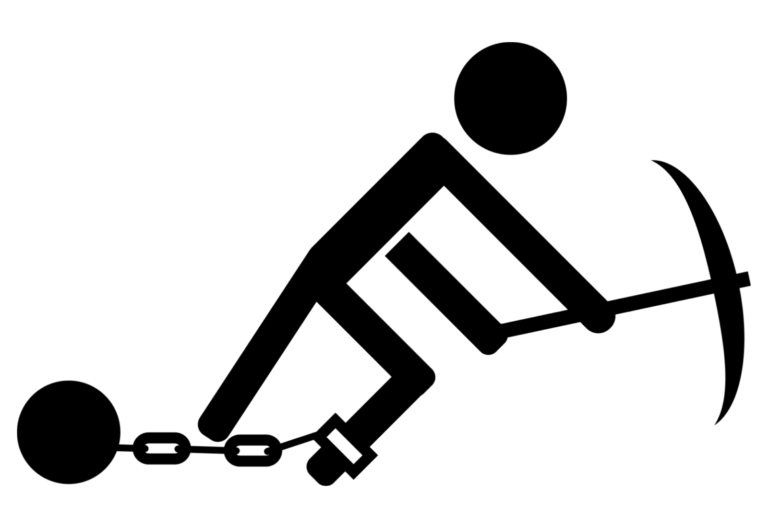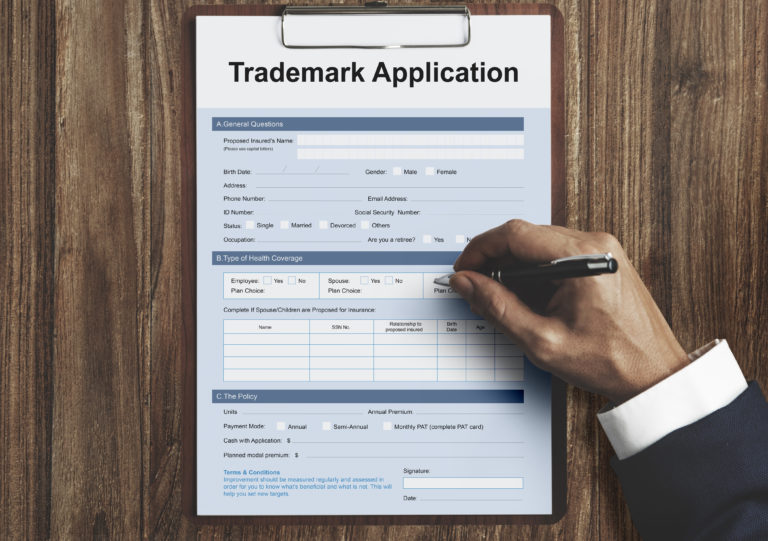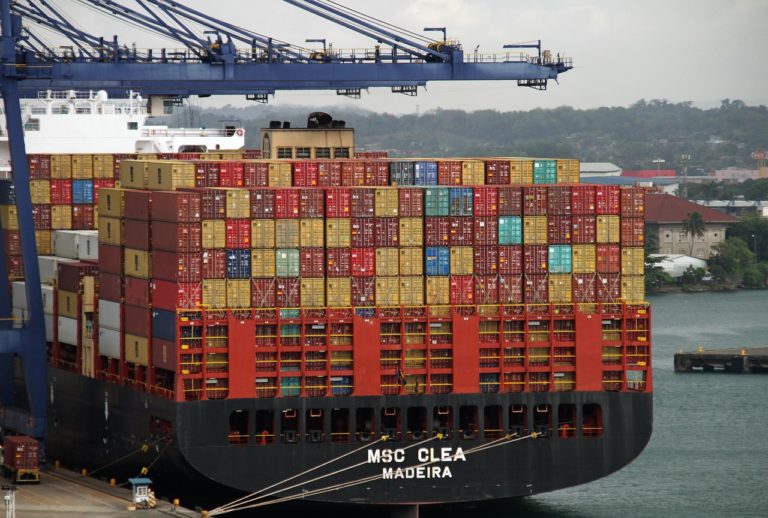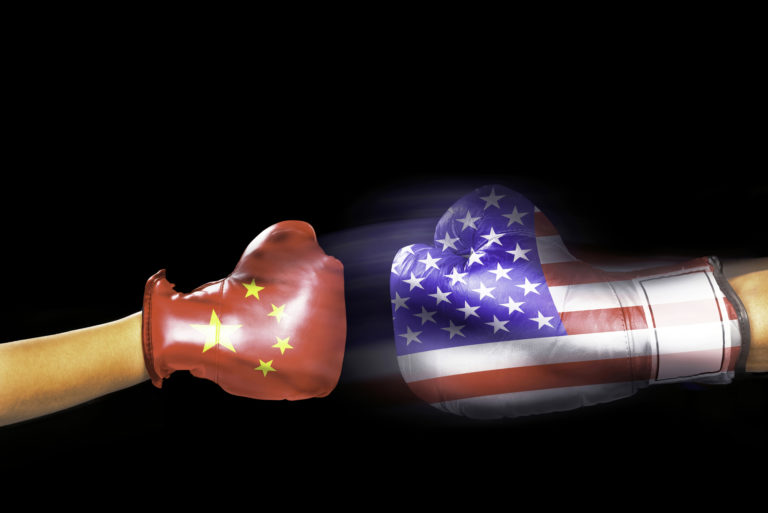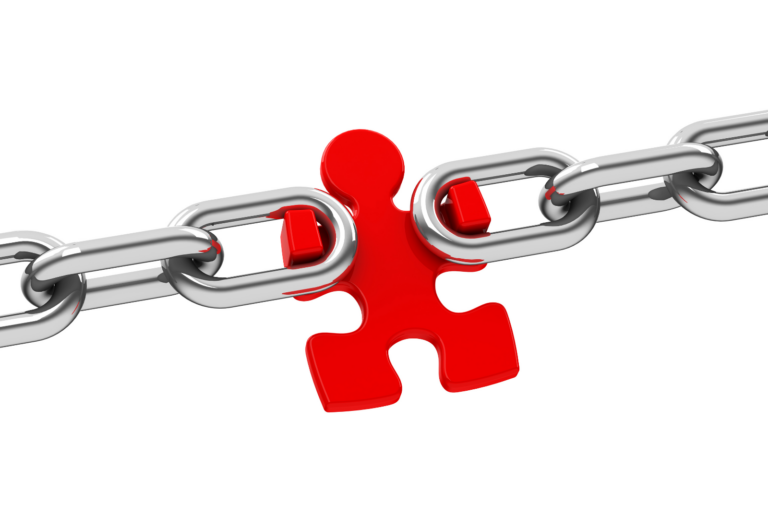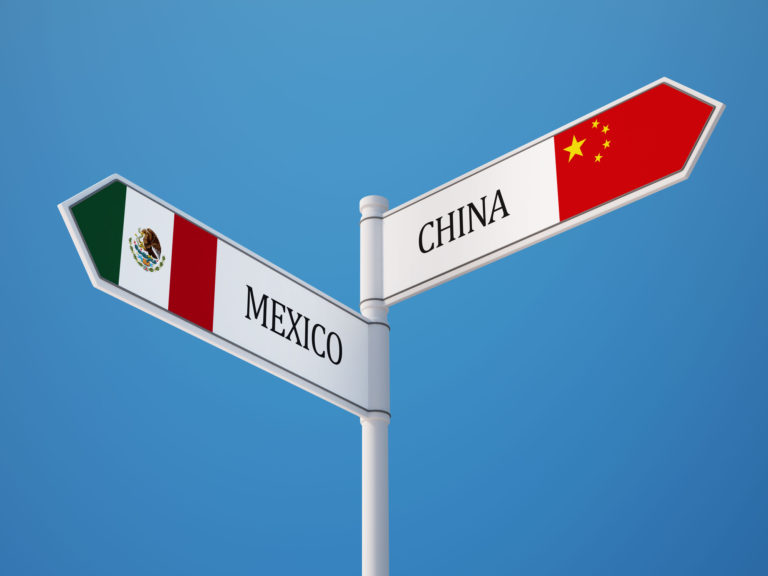
Nearshoring to Mexico: The Key Questions to Ask
Issue Orientation As the US relationship with China deteriorates across the political, military, economic, and trade dimensions, US companies with manufacturing operations in China are increasingly seeking out strategies to diversify supply chains, mitigate compliance risk, minimize duty exposure, reduce costs, and manage uncertainty. Though several approaches have been pursued since the inception of the












